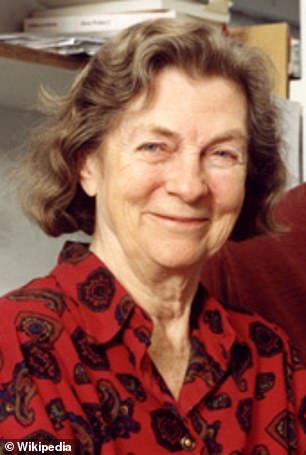World-renowned British scientist and author Dr Anne McLaren celebrates her 94th birthday today as one of the most significant reproductive biologists of the 20th century. She has become known as the woman who helped countless people in their journey to parenthood through her fundamental research of IVF technology. .
Dr Anne McLaren a leading figure in developmental biology
Dr McLaren helped develop the technology to grow embryos in vitro, which is a method widely used today, to grow embryos outside of the mammal’s womb.
Growing up
Anne McLaren was born on April 26, 1927, in London and lived there until the war, when her family moved to their estate at Bodnant, North Wales. When she was just nine years old, she had a small role in H.G. Wells’ sci-film “The Shape of Things to Come”. McLaren credits this film and in particular one scene as one of her early inspirations for the love of science. As a young adult, she went on to study zoology at the University of Oxford, where she studied under talented biologists who further inspired her to dive deep into the realm of science.
Sometime in the 1950s, McLaren started to work with mice in order to further understand the biology behind mammals’ development. Eventually, Dr McLaren and her colleague John Biggers were able to demonstrate the possibility to create healthy embryos outside of the mother’s womb which paved the way for the successful development of in vitro fertilization (IVF) technology. This discovery carried major backlash and ethical controversy along with it.
McLaren, to this day, was the only research scientist on the Warnock Committee (est. 1982) and her expert council played a major role in the enactment of the 1990 Human Fertilization and Embryology Act.
Human Fertilization and Embryology Act.
The Human Fertilization and Embryology Act is legislation that limits the in-vitro culture of human embryos to 14-days post embryo creation. In other words, it is the UK’s watershed legislation that regulates research and technology around creating human embryos in the lab.
Human IVF has now become a major part of fertility treatment around the world and in 2018 it was estimated about eight million children had been born using the technology.

























































